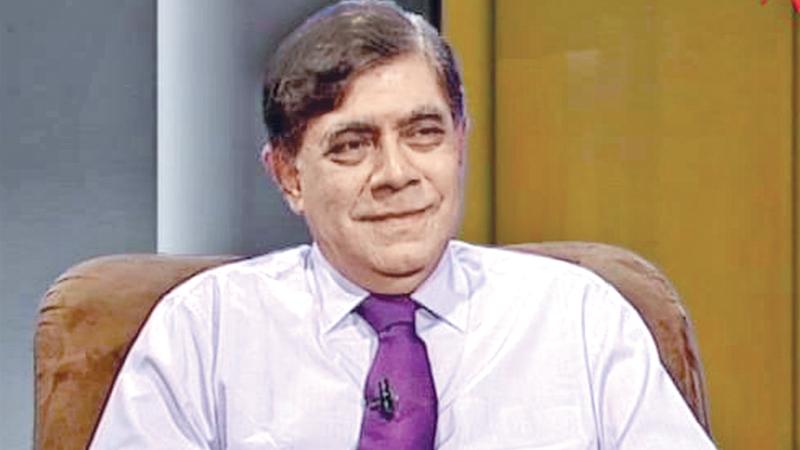
Eminent jurist claims repealing and replacing Article 30 which sets up the office of the president, through the 19th Amendement, constituted a ‘break in continuity’ of the office
Jurist, constitutional expert and former Secretary to the Ministry of Justice, Dr. Nihal Jayawickrema made waves last week with his analysis that the 19th Amendment did not preclude persons who had held presidential office for two terms from contesting again – an argument latched on to by followers of former President Mahinda Rajapaksa.
In an interview with the Sunday Observer, Dr. Jayawickrema doubled down on his published analysis, saying that the decision of the drafters to repeal and replace Article 30 of the constitution which sets up the office of the President had constituted “a break in the continuity of the office of the President.”
“If Parliament intended merely to change the term of office, all it had to do was to substitute the words ‘six years’ for the words ‘five years’. It was not necessary to repeal Article 30 and substitute a new Article in its place,” Dr. Jayawickrema argued. He added that the effect of repealing was to abolish the office of President, even though it was necessary to replace it immediately and this had been done in almost identical terms.
Dr. Jayawickrema countered that it was not merely Article 30 that was repealed and replaced, but also Article 33 which significantly altered the duties, powers and functions of the President; Chapter VIII which transferred almost all the powers of the President relating to the Cabinet of Ministers to the Prime Minister; and a host of other Articles which restricted significantly the President’s powers of appointment, dissolution of Parliament, and the immunity that was attached to the previous office.
“Therefore, the reason why the normal form of drafting was not followed was because a new essentially non-executive, primarily symbolic and ceremonial office was being created to replace the previous office of Executive President,” the jurist argued.
Having said that, Dr. Jayawickrema acknowledges that there was no doubt that the intention of Parliament when it enacted 19A was to restore the two-term limit that had been abolished by the 18th Amendment. “But the intention had to be expressed in appropriate language in the law. That was not done,” he claimed.
The Government had options, the Jurist said, it could seriously consider supporting the 20th Amendment to abolish the presidency brought by the JVP. “That will resolve all these issues”.
He said a voter could seek clarification if a twice elected president could hold office again, by seeking an appropriate declaration in a District Court, which could then refer the constitutional issue to the Supreme Court which is required by Article 125 to hear and determine the constitutional question within two months.
Prof. Peiris who is the Chairman of the SLPP that wants to field former President Rajapaksa as the 2019 presidential candidate, has already indicated the party may follow such a course.
Dr. Jayawickrema, in spite of his arguments, insists that he does not believe any elected head of state should be permitted more than two terms. “That is the norm in every democratic country,” he said adding, “Of course, there are exceptions, especially on the African continent and in Latin America. But those are autocratic states.”
